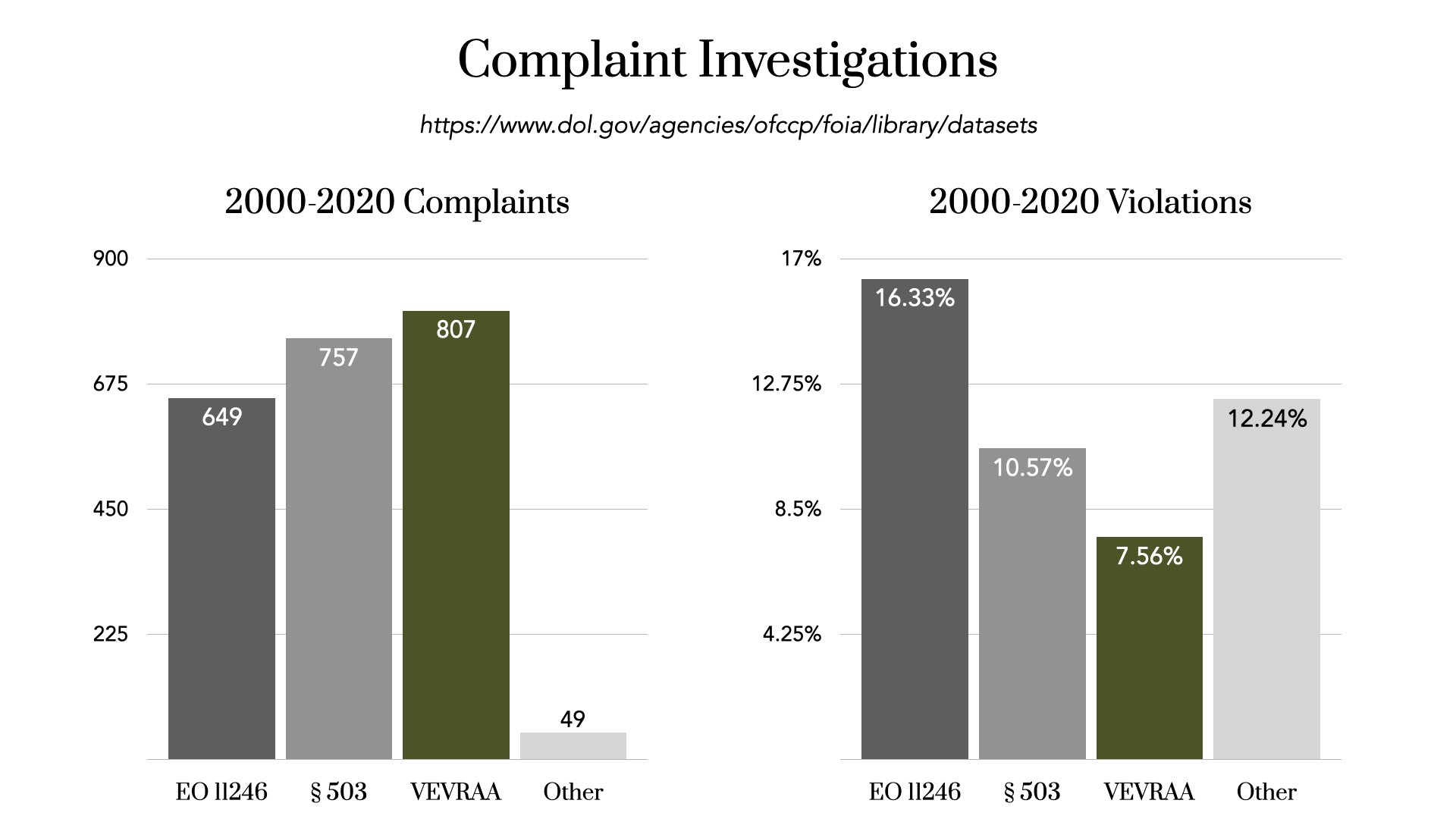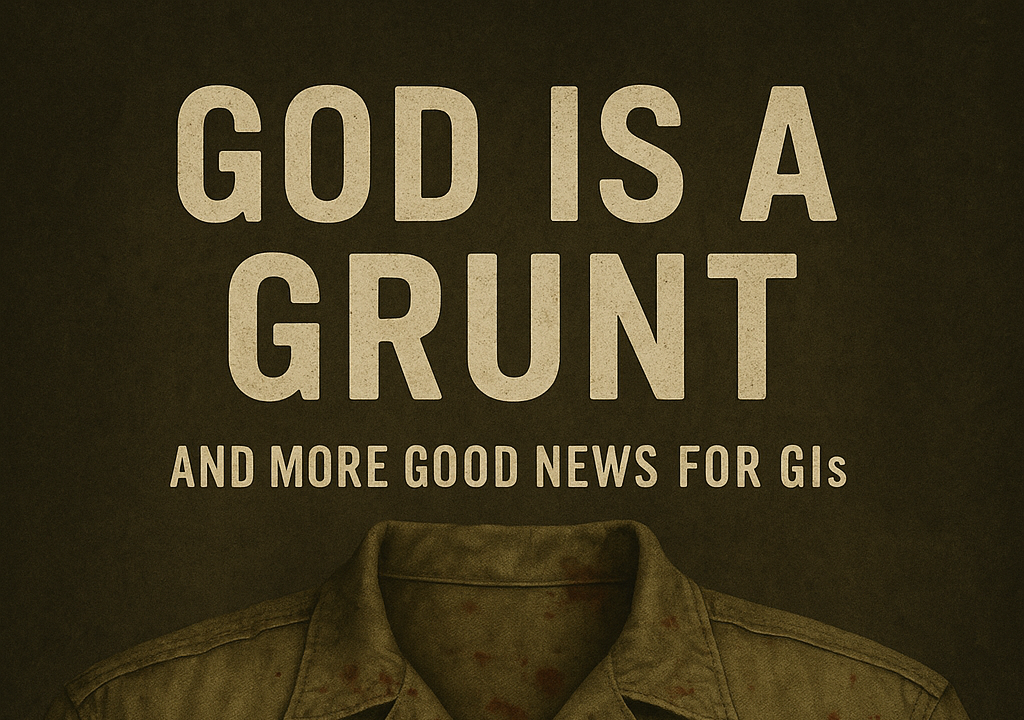5 Things You Should Know
Hi, I'm Logan Isaac, and this is Five Things (you'll wish you knew before talking to soldiers and veterans), for Authority Magazine.
1. Don’t A.S.K.
A.S.K. is an acronym for All Soldiers Kill, a stereotype that civilians can hold that every soldier, and therefore veteran, has seen frontline combat. So, there's a question mark as to whether or not they've killed in combat. A lot of soldiers in the last 20 years have gone to combat, but the fact remains that the vast majority of the United States military personnel are service and support personnel, not combat arms. ASK creates prestige around killing that's really dangerous. ASKing [if a veteran has killed someone] is likely to bring up feelings of inadequacy in soldiers that haven't killed in combat. There’s much more damage that ASKing can do than good, so number one is don't ASK, don't assume All Soldiers Kill and don't ask if they have.
2. P.T.S.D.
The second thing you should know before talking with soldiers and veterans is also an acronym, and that acronym is PTSD. We all know what it stands for, say with me…
Please, Try Something Different
Many of you, I'm sure, said Post-Traumatic Stress Disorder. For soldiers and veterans, the All Soldiers Kill stereotype can get in the way of real human connection between military and civilians because trauma is social. It isn't that soldiers and veterans have, in and by themselves, experienced some trauma that they're internally trying to work on. War is a trauma that we experience within our community, which includes civilian society. A lot of soldiers and veterans have started dropping the D from PTSD in the diagnostic sense because it isn’t right to suggest that [military personnel] are the only ones who are disordered.
It’s too easy to jump into diagnoses to give structure and justification for this military-civilian divide when soldiers and veterans are assumed to be the site of disorder. A lot of us find that frustrating, and it will get in the way of having real connections with soldiers and veterans, so Please, Try Something Different.
3. T.Y.F.Y.S.
Number three is an acronym increasingly to soldiers and veterans, but not to civilians, and that acronym is TYFYS. I'll give you a second to try to guess what that is. If you haven't guessed, TYFYS stands for Thank You For Your Service, and TYFYS is usually really well intended, but the problem with it is the number of times it's said over and over and over again. One example I use is is is a real example. I never met the person before, but I was having a crappy day, and I didn't have any patience. When this person learned I was a vet, they said, “Oh, thank you for your service.” To which I said, “Which part?” They didn't know how to respond to that, and they said, “Well, all of it. Like, thank you for your service.” So I pointed out that there were things that I did that I don't want to be thanked for. They didn't like that and said, “I was just trying to be nice.” That's when I realized the person wasn't thanking me at all; they were doing something for themselves.
TYFYS should be adapted or changed and there are all kinds of recommendations for what you might say instead, like “Welcome home” or “Tell me about your service.” I won't get into those here, but only to point out that maybe you shouldn't say it, that TYFYS is military code, for “I don't want to hear it.”
4. #GIJustice
Number four on this list of five things you'll wish you knew before you talk to soldiers and veterans is not an acronym it's a hashtag; #GIJustice is civil rights for soldiers and veterans. Civil rights are employment discrimination protections, hate crimes prevention, equal access to education.Employment discrimination falls to this law called VEVRAA, the Vietnam Era Veterans Readjustment and Assistance Act of 1974 that created affirmative action for veterans. But there's a lot of veterans alleging employment discrimination that are getting their rights withheld because they aren't getting equal representation before the law. In fact, the Department of Labor's own enforcement data shows that they receive more VEVRAA complaints by veterans than they do any other statute that they have in their jurisdiction. Nonetheless, veterans filing complaints under VEVRAA are up to four times more likely to be denied their claims their complaints, so there's this disproportionate disbelieving veterans when they make employment discrimination complaints.
Another one I'll try and keep brief is hate crimes prevention. In 2009, the Matthew Shepard and James Byrd Jr. Hate Crimes Prevention Act (HCPA) created deterrence for people targeting members of a community. Section 4712 of the HCPA protects service members and their immediate family throughout their eight-year military service obligation plus five years. So 13 years of protection from hate crimes. You may wonder “Are hate crimes really happening against service members or their family?” The answer is we don't really know, because the Department of Justice provides no means of reporting alleged hate crimes like spitting or throwing a brick through your window. There are some examples, it does happen, but it's easier to get a conviction through domestic terrorism indictments. There's no deterrence, there's no inbuilt deterrence, for an American citizen who attacks or demeans or somehow assaults or damages the property of a service member because the DoJ will not enforce Section 4712 and it doesn't accept allegations from service members if they think something has happened. If you want to learn more go to GIJustice.com; I have a whole lot of introductory material there and the stuff about the history of civil rights. The military history of civil rights is in chapter 13 and 14 of my third book, God is a Grunt. It's really important that, if you want to talk to soldiers and veterans, you know about civil rights and how they influence human dignity.
5. You Are Not Alone
The fifth and final thing that you'll want to know before talking with soldiers and veterans is not an acronym and not a hashtag, it's just a reminder a reminder that God is with us. We're we are not alone, there is nowhere that that we can go that God hasn't already been and is willing and able to follow us to. One of the oldest creeds claims that God descended into hell to to free the captives, to harrow hell. There's even this line in scripture insisting that the gates of hell will not prevail against us, which assumes we go to hell to free our brothers and sisters. God is capable and willing to follow us even to hell. That is not to say that God is on our side, or that God pulls the trigger, but that God does not abandon us to the most horrific circumstances that we have to experience. When the the pain and the struggles of this world prove too much, God has open arms.
Alright, so there you have it, those are my five things you'll wish you knew before talking with soldiers and veterans. I appreciate you joining me for this, I hope you ordered my latest book God is a Grunt and More Good News for GIs. you can also go to PewPewHQ.com to learn how to promote human dignity for soldiers and veterans in your own community and context. Thanks for joining me!


